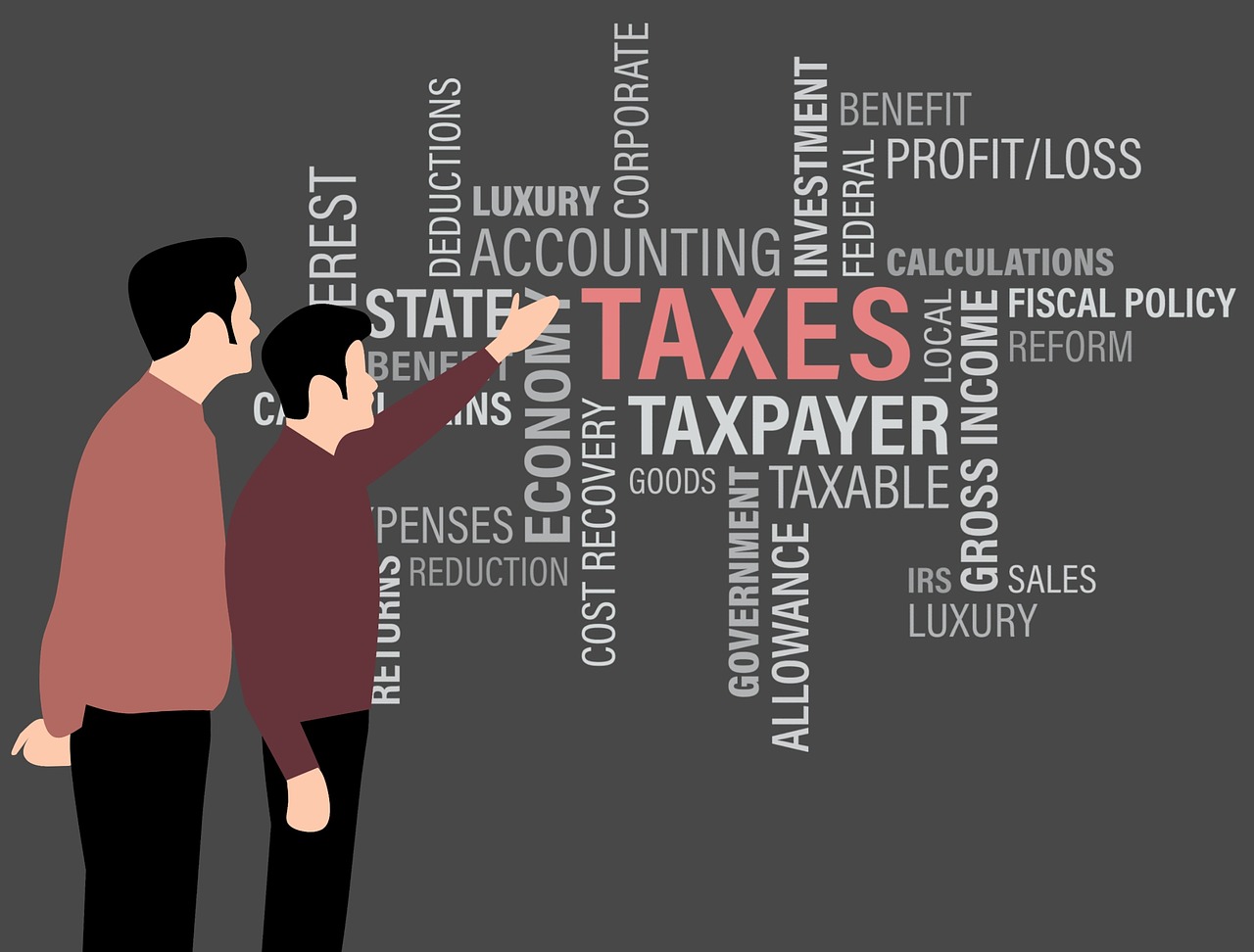The National Bureau of Statistics (NBS), has reported that Nigeria generated N600.15 billion as value-added tax (VAT) in the second quarter of 2022.
Join our WhatsApp ChannelThe NBS said this in its latest sectoral distribution of value-added tax for Q2 2022, over the weekend.
The figure represented an increase of 1.96 percent from the N588.59 billion generated in Q1 2022.
The report said, local payments of VAT amounted to N359.12 billion in Q2 2022.
According to NBS: “On the aggregate, value-added tax (VAT) for Q2 2022 was reported at N600.15 billion, showing a growth rate of 1.96 percent on a quarter-on-quarter basis from N588.59 billion in Q1 2022.”
“Local payments recorded were N359.12 billion, while foreign VAT payment contributed N111.13 billion in Q2 2022.”
The statisticians said: “On a quarter-on-quarter basis, electricity, gas, steam and air conditioning supply recorded the highest growth rate with 116.47 percent, followed by accommodation and food service activities with 42.44 percent.
The report added that activities of extraterritorial organizations and bodies had the lowest growth rate with -42.39 percent, followed by activities of households as employers, undifferentiated goods- and services-producing activities of households for own use with -36.57 percent.
On sectoral contributions, the top three largest shares in Q2 2022 were manufacturing with 33.08 percent; information and communication with 18.98 percent; and mining and quarrying with 10.60 percent.
Conversely, activities of households as employers, undifferentiated goods- and services-producing activities of households for own use recorded the least share with 0.03 percent, followed by activities of extraterritorial organizations and bodies with 0.05 percent, and water supply, sewerage, waste management and remediation activities with 0.13 percent.
However, on a year-on-year basis, VAT collections in Q2 2022 increased by 17.16 percent from Q2 2021.
VAT is a consumption tax which is administered by the Federal Inland Revenue Service and is usually disbursed to the three tiers of government through the federation accounts allocation committee FAAC.
Prime Business Africa recalls that Nigeria’s legislation on 7.5% VAT, came into effect on February 1, 2020, under the new Finance Act.
Then, a statement by the Special Adviser to the President on Media and Publicity, Femi Adesina explained then that the Finance law has five strategic objectives, in terms of achieving incremental, but necessary, changes to our fiscal laws.
“These objectives are; Promoting fiscal equity by mitigating instances of regressive taxation; Reforming domestic tax laws to align with global best practices; Introducing tax incentives for investments in infrastructure and capital markets; Supporting Micro, Small and Medium-sized businesses in line with our Ease of Doing Business Reforms; and Raising Revenues for Government.
“The draft Finance Bill proposes an increase of the VAT rate from five percent to 7.5 percent, as such, the 2020 Appropriation Bill is based on this new VAT rate,” he added.
Prime Business also recalls that the Federal Government had in September 2019, announced plans to review the VAT through consultations at various levels in the country.
Minister of Finance Zainab Ahmed who disclosed this, stated that the consultation will be with the states, local governments, and the lawmakers as well as with the Nigerian public before the VAT increase will take effect.
Mrs. Ahmed stressed that the VAT increase will be more beneficial to state governments and Local Government Areas (LGAs) in the country.
Looking at the latest revenue generated, the new VAT rate succeeded in shoring up Federal Government revenue as aimed.


















Follow Us